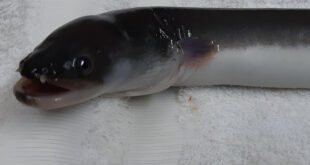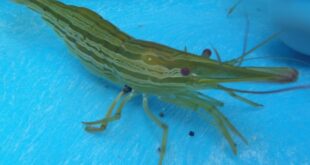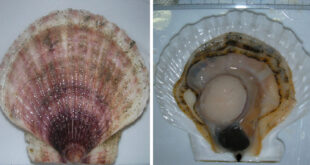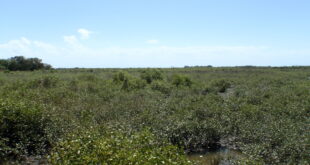By Development Communication Section

Fifteen participants from the Philippines (13), Germany (1) and Singapore (1) finished the training course on Mangrove crab (mud crab) hatchery and nursery operations from 11 May to 1 June 2016 at SEAFDEC/AQD’s Tigbauan Main Station (TMS) and Dumangas Brackishwater Station (DBS).
The trainees learned from AQD experts about broodstock management, induced spawning techniques, production of natural food organisms and larval, nursery & grow-out culture techniques through a series of lectures and practical activities.

During the closing ceremonies, class chairman Mr. Rolando Salamat said that this course is a good learning experience. He said that the course did not only introduce new knowledge but also made him aware of the hurdles. “It only shows that putting up a hatchery [is] not an easy job, it is actually a complex one that requires more effort, more study and more dedication which we [trainees] are willing to do,” he said.
AQD’s Technology Verification and Demonstration Division Head Dr. Fe Dolores Estepa has high hopes for the trainees “A closing ceremony means the end of your stay with us but that should not mean it is the end of the ties between you and AQD. It would be good to know when all of you successfully venture into mangrove crab (mud crab) hatchery and nursery operations. We hope you’ll share your experiences and techniques with each other and with us because we will be happy to hear from you soon,” Dr. Estepa said.
Following this course, AQD will conduct a Mangrove crab (mud crab) nursery and grow-out operations training course on 13-22 June 2016.

 SEAFDEC/AQD Southeast Asian Fisheries Development Center | Aquaculture Department
SEAFDEC/AQD Southeast Asian Fisheries Development Center | Aquaculture Department



